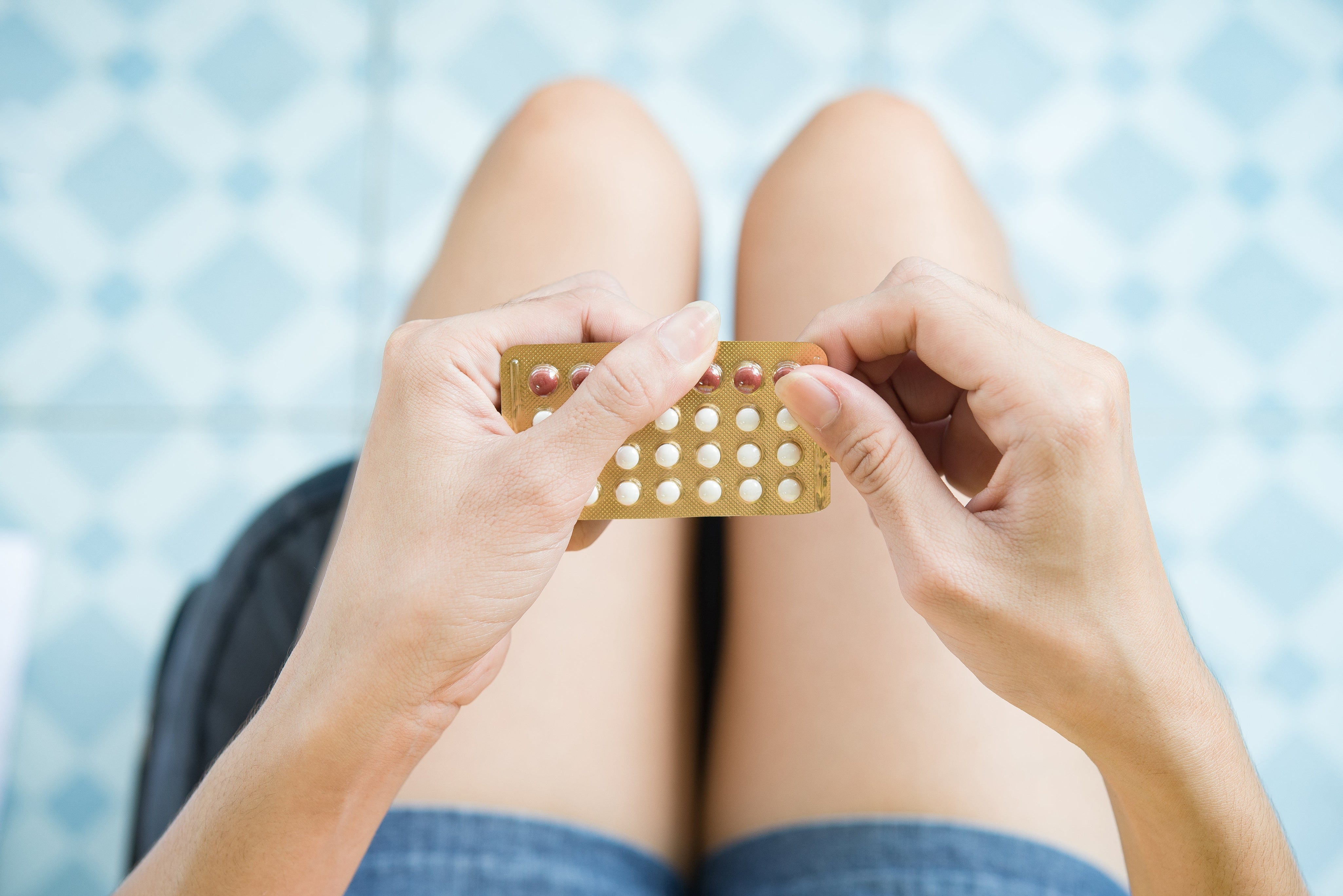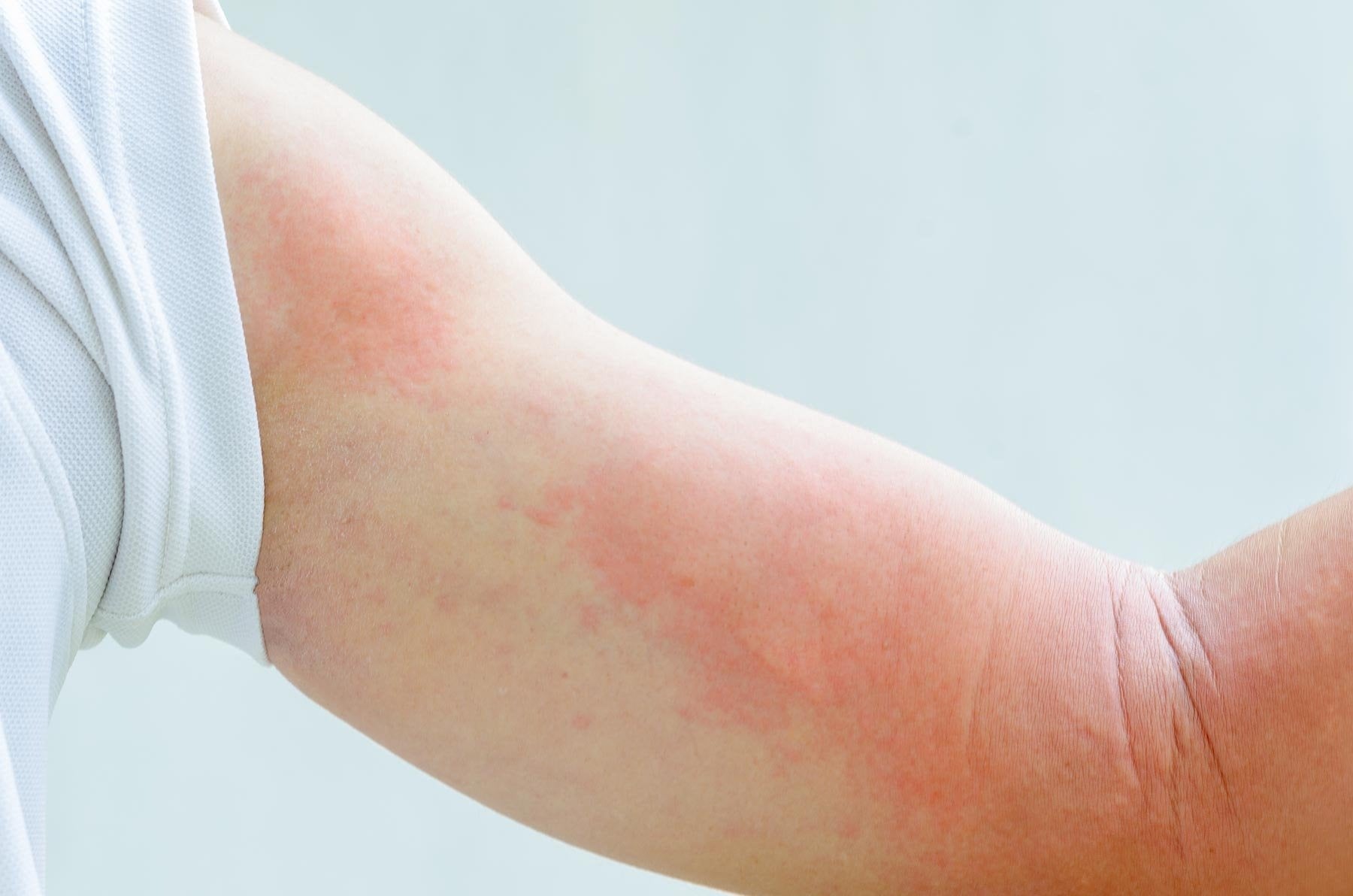Birth Control for Acne: What You Should Know Before Choosing a Pill

Acne isn’t just a teenage issue—it can persist or even begin in adulthood, particularly for women. Hormonal fluctuations are a major trigger, which is why many turn to birth control pills to manage breakouts. But how effective is the pill really? And which type works best? This guide walks you through how birth control affects acne, which options to consider, and when to look at other solutions.
Key Summary
-
Birth control pills can help treat hormonal acne by regulating hormone fluctuations.
-
Combined oral contraceptives (COCs) are most commonly prescribed for acne.
-
Not all birth control types are effective for breakouts—and some may even worsen it.
-
It can take up to three months to see clear results.
Consider alternatives like topical treatments, lifestyle changes, or professional acne treatments if the pill isn’t suitable for you.
Does Birth Control Treat Acne?

Yes—especially if your acne is hormonally driven. Certain types of birth control pills have been shown to significantly improve breakouts caused by hormonal acne. These pills work by regulating hormone fluctuations, specifically lowering the levels of androgens (male hormones that are naturally present in all genders). When androgen levels are too high, they can trigger the sebaceous glands to produce excess oil, leading to clogged pores and breakouts.
By reducing these hormones, birth control pills help balance oil production and prevent the formation of new acne lesions. While not a quick fix, many people notice clearer skin after 2–3 months of consistent use. Keep in mind that not all contraceptive pills are effective for acne—your doctor will typically recommend a combination pill containing both estrogen and progestin for best results.
How Birth Control Pills Help with Acne:
Birth control pills can be an effective treatment for hormonal acne, especially for those who experience breakouts around their period or due to excess oil. Here’s how they work and the key benefits:
-
Regulates Hormone Level: Combination birth control pills contain estrogen and progestin, which work together to lower androgen levels—specifically testosterone. High androgens stimulate oil production, so reducing them helps prevent clogged pores and breakouts.
-
Reduces Sebum (Oil) Production: With lower androgen levels, your skin produces less sebum. Less oil means fewer blocked pores and a lower chance of inflammation and acne.
-
Stabilizes Hormonal Fluctuations: The pill keeps hormone levels steady throughout your cycle, which helps prevent the hormonal spikes that often trigger flare-ups before menstruation.
-
Improves Inflammatory Acne: Over time, many users notice a reduction in red, inflamed breakouts (especially along the jawline and chin), which are common signs of hormonal acne.
-
Long-Term Management: For consistent users, birth control offers an ongoing way to manage hormonal acne—often used alongside topical treatments for best results.
Which Types of Birth Control Help With Acne?

Image by Freepik
Not all birth control pills are created equal when it comes to treating breakouts. Here’s a breakdown of the most common options:
Combined Oral Contraceptives (COCs)
These contain both estrogen and progestin. The estrogen component reduces sebum production by decreasing androgen activity. Popular COCs used for acne include:
-
Yaz
-
Ortho Tri-Cyclen
-
Estelle
-
Petibelle
-
Valette
They’re often prescribed when hormonal acne is persistent and other topical treatments haven’t worked.
Progestin-Only Birth Control
Also called the “mini pill,” these lack estrogen and may worsen acne for some women. Certain progestins are androgenic, meaning they can stimulate oil glands and trigger breakouts.
Examples: Slinda, Femme Tab 20/100, Femme Tab 30/150
If your skin worsens after switching to a progestin-only pill, consult your doctor to reassess your options.
IUDs and Other Methods
Hormonal IUDs (like Mirena or Kyleena) may trigger acne due to their high progestin content. On the other hand, copper IUDs are hormone-free and don’t directly affect breakouts—but they won’t help treat acne either.
How Long Before You See Results?
It typically takes 8 to 12 weeks for hormonal regulation to reflect on your skin. Some people notice a temporary worsening of acne in the first month, especially if switching pills or starting for the first time.
Be patient, but if breakouts worsen after three months, it may be time to consider alternative approaches.
Risks of Contraceptive Pills for Acne
Like any medication, birth control pills come with pros and cons. Here’s what you should weigh:
1. Initial Worsening of Acne
Especially with progestin-heavy options, acne can get worse before it gets better.
2. Increased Risk of Blood Clots
Especially with COCs containing newer forms of progestin. Women who smoke or have a history of clotting disorders are particularly at risk.
3. Not Suitable for Everyone
If you have a history of migraines, high blood pressure, or breast cancer, the pill might not be advised. Always consult a healthcare professional.
Alternatives If Birth Control Isn’t Right for You
If you’re not a candidate for hormonal birth control or simply prefer not to use it, there are plenty of alternatives:
-
Topical treatments: Benzoyl peroxide, salicylic acid, or retinoids.
-
Lifestyle changes: Dietary shifts and stress management can help balance hormone levels naturally. Learn more in our guide on the causes of adult acne.
-
Hormonal therapy: Medications like spironolactone work by blocking androgen receptors.
-
Professional facials: Try the Deluxe Medi Facial to support clearer, balanced skin.
To better understand whether your breakouts are due to hormonal, fungal, or bacterial origins, read our blog comparing types of acne.
Not Sure What’s Causing Your Breakouts? Book a Skin Consultation Today.
Our experts at Skin to Heart can help pinpoint the root cause of your acne and tailor a treatment plan that works for your skin, lifestyle, and goals. Whether you’re considering birth control or want to go the natural route, we’ll guide you toward the right choice. Consult with our skin experts today.
FAQs
Which birth control pill is best for acne?
Combined oral contraceptives like Yaz, Estelle, and Valette are commonly prescribed for hormonal acne.
Does birth control make acne worse before it gets better?
Sometimes, yes. It’s especially common in the first few weeks as your body adjusts to hormone changes.
Can birth control cure hormonal acne permanently?
No. It manages the symptoms. If you stop taking the pill, breakouts may return unless the underlying hormonal imbalance is addressed.
What happens when you stop taking birth control for acne?
Some people experience a flare-up due to the rebound in androgens. It’s often referred to as “post-pill acne.”
Is the IUD good for hormonal acne?
Hormonal IUDs may make acne worse, while copper IUDs have no hormonal effect.
Are there natural alternatives to birth control for acne?
Yes—diet, stress management, and hormonal support supplements may help. However, results are often slower and vary from person to person.
How long does it take for birth control to clear up skin?
Typically, 8 to 12 weeks. Consistency is key.
- Tags: acne
0 comments

